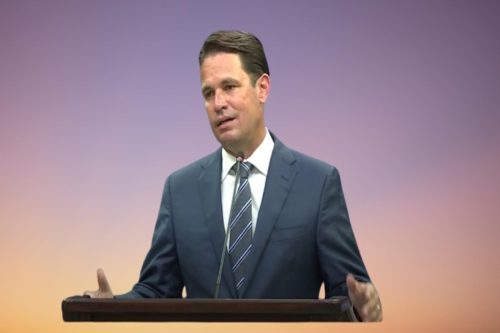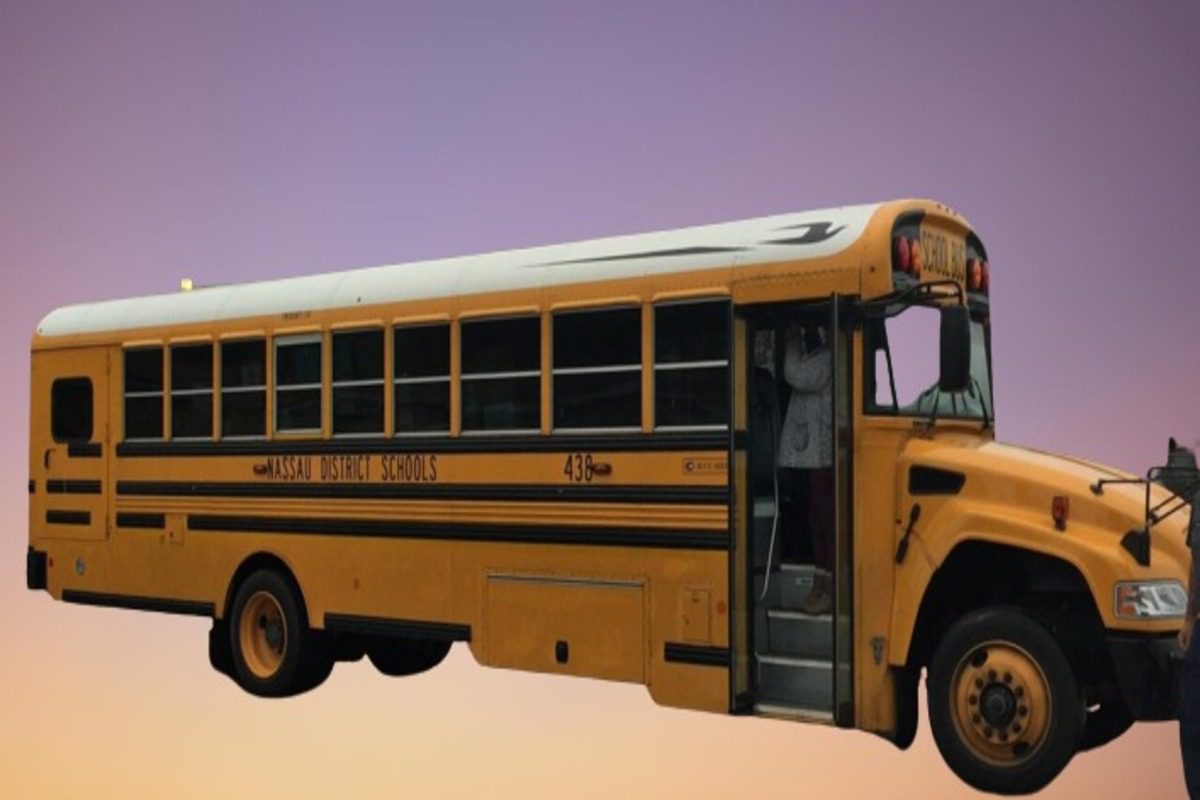Transportation Crisis Sparks Heated: A school district director near Louisville, Kentucky, argued with a local reporter over why he wasn’t present when a transportation issue caused pupils to be late and classes to be canceled. This calamity delayed kids till late at night and canceled classes. The pupils had to wait until late and skip lessons due to what happened. It happened near Louisville, Kentucky.
The Louisville Courier Journal filmed Jefferson County Public School Superintendent Marty Pollio‘s angry exchange with the reporter who inquired why there weren’t any scheduled media appearances after the transportation fiasco. The reporter asked Pollio the same questions as he drove his daughter to college. This enraged him. He took his daughter to college. Pollio drove his guest daughter.
Please explain what you want me to do. Pollio replied, sounding angry. “Yes, I was a dad yesterday,” he replied. When questioned about his hobbies, he said thus.
The school delayed classes due to late school cars. Kids went home later than usual due to the school district’s decision. Some youngsters arrived home after 10 p.m. Several kids were here.
Pollio’s response to the reporter’s query clearly indicated that he had been assaulted. “That’s an unbelievable question from you,” he replied, adding that he had worked hard while being a father. “That’s an unbelievable question from you,” he told her. He said, “That is an unbelievable question coming from you.” “That’s a great question for you to ask,” she said after I inquired. He didn’t feel apologetic for prioritizing fatherhood.


Read More: Marvelous Metamorphosis of Ryan Gosling Ken
Due to a driver shortage, the school system had problems transporting approximately 68,000 students last year. Driver shortages caused these issues. They decided to create a new mechanism to reduce driver numbers. This technique was defective, thus pupils were left at schools for several hours after school. The final student left at 9:58 p.m.
Pollio predicted that classes wouldn’t start on Monday. He told the families to prepare for a Saturday decision. Online learning would decline if lessons were canceled again.
Pollio attributed the first day of school traffic nightmare on multiple issues. Communication issues, blunders, and unplanned routes caused the mayhem.
Drivers waited at bus stops for kindergarteners’ parents to pick them up to meet the district’s hand-to-hand drop-off requirement. The operation suffered from this. The school system required student-to-adult drop-offs. The school system needs hand-to-hand drop-offs. Children may have been driven to their schools.
Republican state lawmakers from Louisville have demanded a special session to address the issue. They want to tell Governor Andy Beshear to address the issue and consider taking greater action in the district. He should also investigate whether they need to do more. Louisville Republican state politicians have noticed this predicament because it’s well-known. Louisville is their home. After all the transportation issues, the town is holding its breath for a solution and a hero.
Also Read: Home Explosion Plum Pennsylvania Leaves Community in Shock
Our Reader’s Queries
Why is transportation so bad for the environment?
The burning of fossil fuels by transportation systems worsens air quality and contributes to climate change. It also causes noise and water pollution and has various effects on ecosystems through direct and indirect interactions.
How does public transportation affect climate change?
A typical household with two adults and two cars can cut its greenhouse gas emissions by 10% by making this change. By getting rid of one car and using public transportation instead of driving, the household can slash carbon dioxide emissions by 30%.
Do buses produce more pollution than cars?
Public transit efficiently transports people to their destinations with minimal greenhouse gas emissions compared to private vehicles. This is due to the high capacity of buses, which can accommodate 50 or more passengers, and trains in urban areas that can carry thousands. Unlike cars, which often only carry one or two individuals, public transportation significantly reduces the environmental impact by maximizing passenger capacity.
Are buses more efficient than cars?
Traveling by intercity buses is 550% more fuel efficient than using a car per passenger. Opting for the bus over flying can reduce your carbon footprint by as much as 77.5%.

